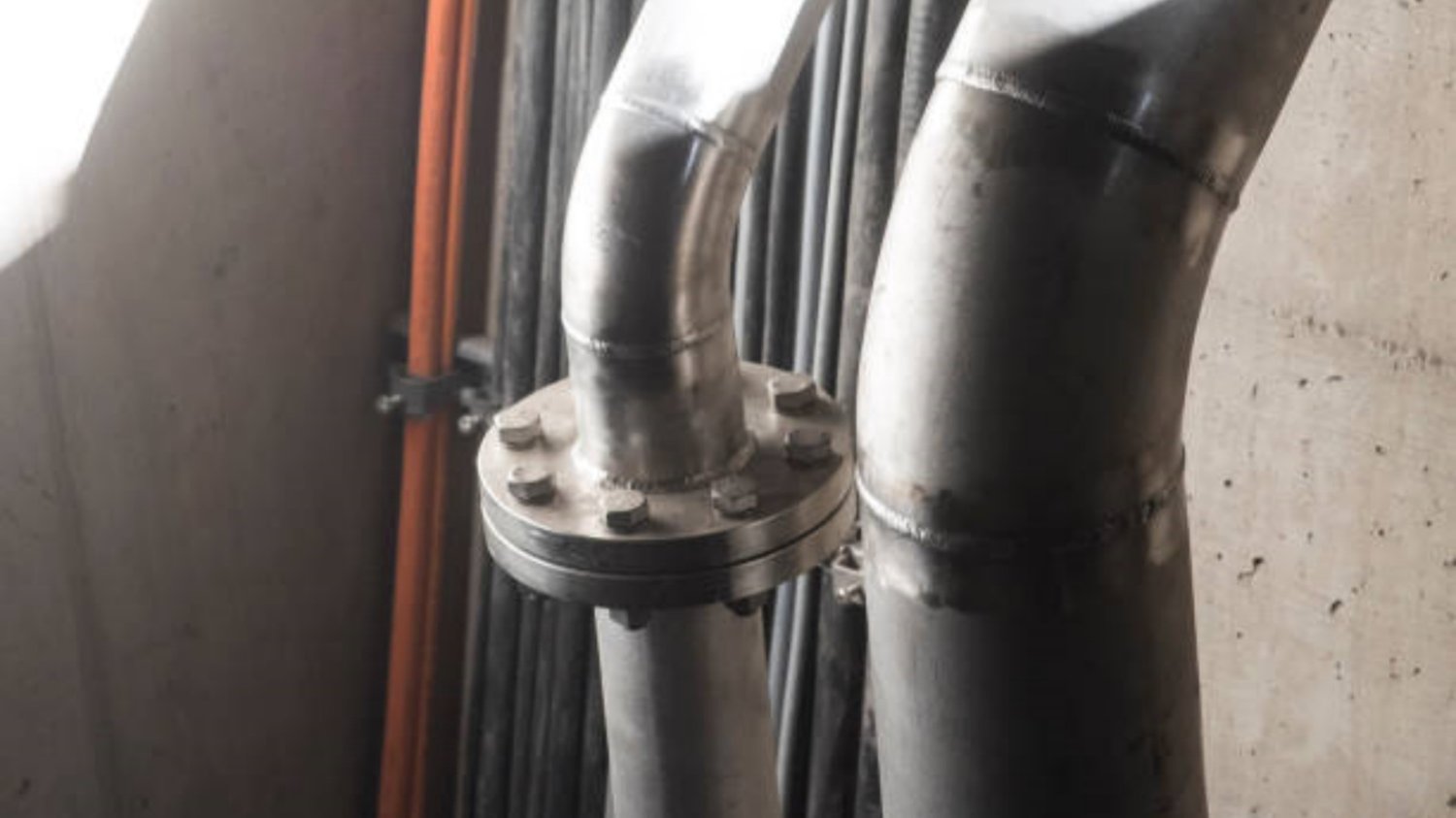Introduction
Oil refineries require a robust and reliable piping system to transport various fluids efficiently and safely. One such solution is the steel lined polyurethane pipe, which combines the strength of steel with the flexibility and corrosion resistance of polyurethane. This article explores the various aspects of steel lined polyurethane pipes and their importance in oil refineries.
1. Understanding the Composition of Steel Lined Polyurethane Pipe
Steel lined polyurethane pipe is composed of an inner steel layer, a polyurethane middle layer, and an outer protective layer. The inner steel layer provides structural strength, while the polyurethane layer offers flexibility, chemical resistance, and abrasion resistance. The outer protective layer shields the pipe from external forces and environmental factors.
2. Corrosion Resistance for Harsh Environments
Oil refineries often operate in harsh and corrosive environments, where pipes are exposed to chemicals, high temperatures, and abrasive materials. Steel lined polyurethane pipes excel in such conditions due to their exceptional corrosion resistance. The polyurethane layer acts as a barrier, preventing the steel from coming into contact with corrosive substances.
3. Enhanced Durability and Longevity of Steel Lined Polyurethane Pipe
Steel lined polyurethane pipes are known for their exceptional durability and longevity. The combination of steel and polyurethane creates a pipe that can withstand high pressures, extreme temperatures, and mechanical stresses. The steel layer provides structural integrity, while the polyurethane layer offers resistance against wear and tear, ensuring a longer lifespan for the pipes.
4. Improved Flow Efficiency of Steel Lined Polyurethane Pipes
The smooth inner surface of steel lined polyurethane pipes allows for improved flow efficiency. The absence of internal corrosion or roughness minimizes friction, reducing pressure losses and improving overall flow rates. This enhanced efficiency contributes to cost savings and increased productivity in oil refineries.
5. Resistance to Abrasion of Steel Lined Polyurethane Pipes
In oil refineries, pipelines often transport abrasive materials such as sand, slurry, and solid particles. Steel lined polyurethane pipes are designed to withstand such abrasive conditions. The polyurethane layer resists abrasion, ensuring that the pipe maintains its structural integrity and prevents leakage or premature failure.
6. Flexibility for Easy Installation of Steel Lined Polyurethane Pipes
The flexibility of steel lined polyurethane pipes simplifies the installation process in oil refineries. These pipes can be easily bent or curved to accommodate various layouts and avoid obstacles, reducing the need for additional fittings or joints. The flexibility also allows for easier maintenance and repairs, minimizing downtime in refinery operations.
7. Thermal Insulation Properties
Oil refineries often deal with fluids at high temperatures. Steel lined polyurethane pipes offer excellent thermal insulation properties, preventing heat loss during fluid transportation. This insulation helps maintain fluid temperatures and reduces energy consumption, resulting in cost savings for the refinery.
8. Environmental Considerations
Steel lined polyurethane pipes are environmentally friendly alternatives to traditional piping materials. The polyurethane layer is non-toxic and does not release harmful chemicals or gases into the environment. Additionally, the pipes' durability and longevity reduce the need for frequent replacements, minimizing waste generation in the long run.
9. Cost-Effectiveness in the Long Run
While steel lined polyurethane pipes may have a higher initial cost compared to other piping materials, their long-term cost-effectiveness is undeniable. The durable construction and resistance to corrosion and abrasion reduce maintenance and replacement costs. Moreover, the improved flow efficiency and thermal insulation properties help optimize energy consumption, resulting in significant savings over time.
10. Application in Oil Refineries
Steel lined polyurethane pipes find extensive application in oil refineries. They are used for transporting crude oil, refined products, chemicals, and various byproducts. These pipes are suitable for both above-ground and underground installations, making them versatile for different refinery processes and locations.

